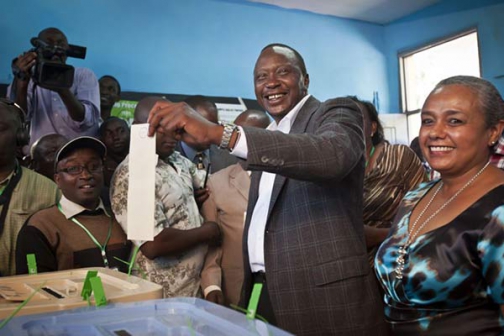×
The Standard e-Paper
Stay Informed, Even Offline

This week marked exactly one year to the next elections. While the country is fixated on the matters being resolved at the leafy Windsor hotel, I want to suggest that there are several matters that should concern us that are not "contentious", but which require urgent attention as they will no doubt gravely impact the next elections.
The first is the disclosure by the National Registration Directorate that there are 9.2 million Kenyans who have been issued with Identity Cards who are yet to be registered as voters.